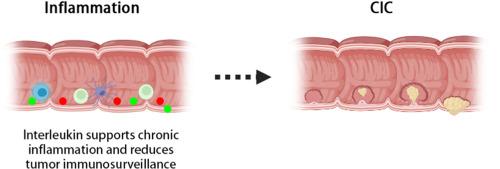Inflammation-induced cellular changes: Genetic mutations, oncogene impact, and novel glycoprotein biomarkers
Abstract
Persistent inflammation can trigger the development of colorectal cancer, especially in patients with inflammatory bowel disease (IBD). The precise molecular mechanisms underlying this process are not fully understood. This study investigated the molecular modifications that occur in the cellular microenvironment during inflammation-induced and colitis-associated cancers. Studies showed that genetic mutations and post-translational modifications of oncogene proteins can alter the biological functions of macrophage inflammatory proteins, complicating the intricate interactions between inflammation and cancer. The researchers also observed abnormal glycosylation patterns in cases of inflammation and colitis-associated cancers. This observation suggests that glycoproteins present in bodily fluids could potentially serve as valuable disease markers. Additionally, the researchers investigated general signaling alterations that manifest in cases of colitis-associated cancer. They proposed a provisional molecular model that suggests the involvement of endoplasmic reticulum (ER) stress during the transition from inflammation to cancer. This potential pathway is mediated through the FKBP/c-Myc/p53 signaling axis. In the context of protein glycosylation, we summarize the potential molecular mechanisms of IBD-induced carcinogenesis. This knowledge could potentially lead to the development of novel targets for the clinical treatment of colorectal cancer.


 求助内容:
求助内容: 应助结果提醒方式:
应助结果提醒方式:


